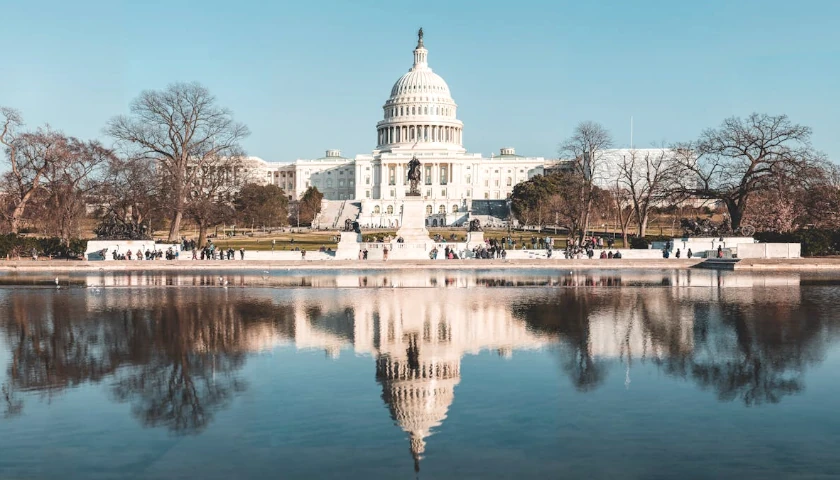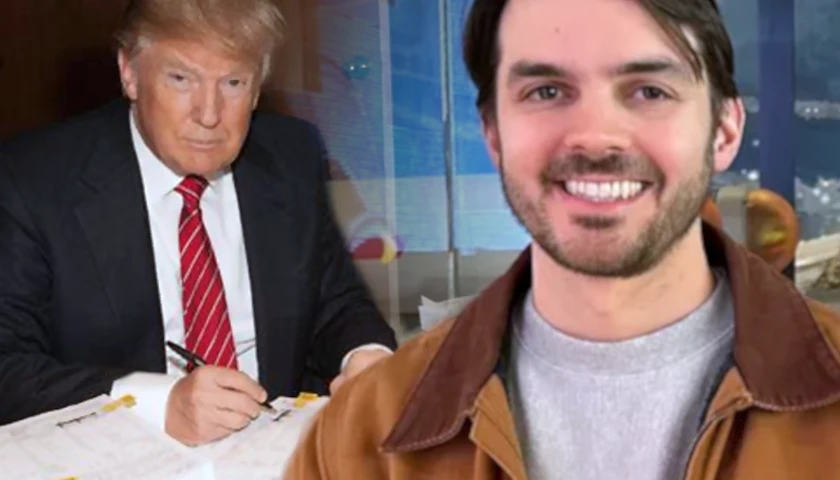by Newt Gingrich
The American people believe the American political system is corrupt.
This is alarming – but it also represents an enormous opportunity.
A conservative anti-corruption reform movement could attract a significant range of support – much broader than a merely ideologically defined effort.
A basis for this movement could be anchored in President John Adams’s warning that “Our Constitution was made only for a moral and religious people. It is wholly inadequate to the government of any other.”
A startlingly poll by America’s New Majority Project between Sept. 17 and Sept. 20 found that 80 percent of Americans in seven battle ground states agreed that we have a corrupt political system. Only 18 percent disagreed. This means that Americans think they are governed by a corrupt system by more than 4:1.
In fact, people believe the system is corrupt, and the corruption is a major obstacle to American success. By 6:1 (84 percent to 13 percent) Americans believe the corrupt political system is a big obstacle to getting America moving in the right direction. This sense of corruption led nearly one-fourth to say it is the biggest obstacle (23 percent) while 61 percent said it’s one of the biggest.
Americans see political corruption as a factor in government waste, inflation, and rising prices – and a driver of deeper political divisions.
Americans believe that a movement to reform the corrupt political system could unite the country and reduce partisan divisions (78 percent to 14 percent).
They also clearly believe the United States is on the wrong track (72 percent to 28 percent). This is an almost 3:1 majority for change.
While the current political establishment and news media don’t focus on reforming corruption, the American people instinctively want a candidate who will break out of the old order and insist on reform. When asked to choose between a president committed to reforming the corrupt political system and a president who would work within the current system, Americans were more than 3:1 for a reformer (72 percent to 21 percent).
A party that insisted on investigating and publicizing corruption which weakens and undermines America would find a supportive 70 percent audience. Furthermore, as evidence of corruption comes to light, the majority supporting reform would grow and the minority defending corruption would shrink.
This would be the same kind of steady methodical research and publicity which enabled the conservative movement to grow from the collapse of the 1964 election to the stunning victory of 1980. It can be applied to the development of a widespread understanding of just how corrupt the system has become today. This same approach would lead to a vigorous development of practical, implementable reform proposals around which a popular movement can grow. For reference, think of the growing demand for welfare reform from Ronald Reagan proposing it in his 1965 gubernatorial campaign to its passage into law 31 years later in 1996.
An effective dynamic America capable of competing with China, balancing the budget, and improving the standard of living of every American requires a much higher level of honesty and effectiveness than we currently have.
Today, there is a coalition of private sector lobbyists, elected officials, and bureaucrats who make decisions that favor their interests over the public good. In addition, there is a propaganda media which routinely ignores evidence of corruption that hurts its leftwing allies in government and politics.
There is likely enough money spent corruptly every year that shifting to a truly honest government by itself would probably cut the deficit by one-third to one-half of its current size.
My standard for measuring corruption is the McDonald’s test.
If you go to McDonald’s and order an Egg McMuffin, you expect to get an Egg McMuffin. McDonald’s expects you to pay the stated price. It would be cheating if you paid, and they did not give you an Egg McMuffin. It would also be cheating if they gave you an Egg McMuffin, and you did not pay.
The Soviets had a saying: “the state pretends to pay us, and we pretend to work.” The corruption of the Soviet system – in which virtually everyone cheated and real work required side payments – ultimately caused its downfall. When Soviet President Mikhail Gorbachev insisted on Glasnost and Perestroika in a desperate effort to reform the system, he insisted on ending the unofficial payments. The result was that the entire system began to wind down because people simply would not work for their official salaries.
Americans have historically had the opposite saying: “an honest day’s pay for an honest day’s work.”
Successful free enterprise, political freedom, and self-government depend on a mutual commitment to honesty. This requirement is why the Founding Fathers and our greatest presidents all agreed that corruption was a grave threat to the survival of freedom.
The American people are ready for a conservative anti-corruption reform movement. It is our job to help them build one.
– – –
For more commentary from Newt Gingrich, visit Gingrich360.com. Also subscribe to the Newt’s World podcast.





